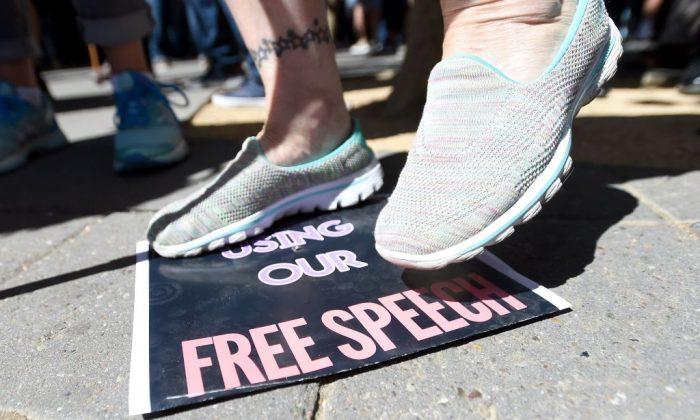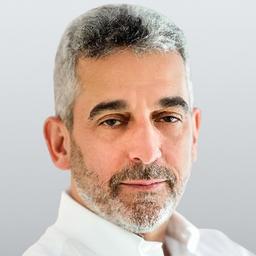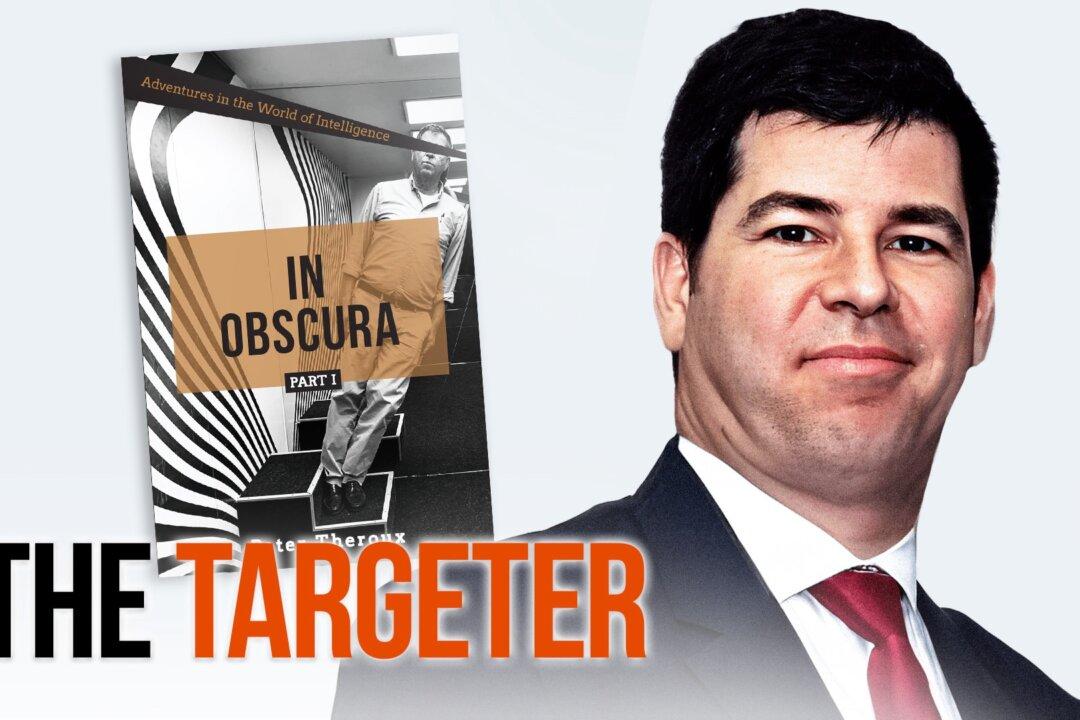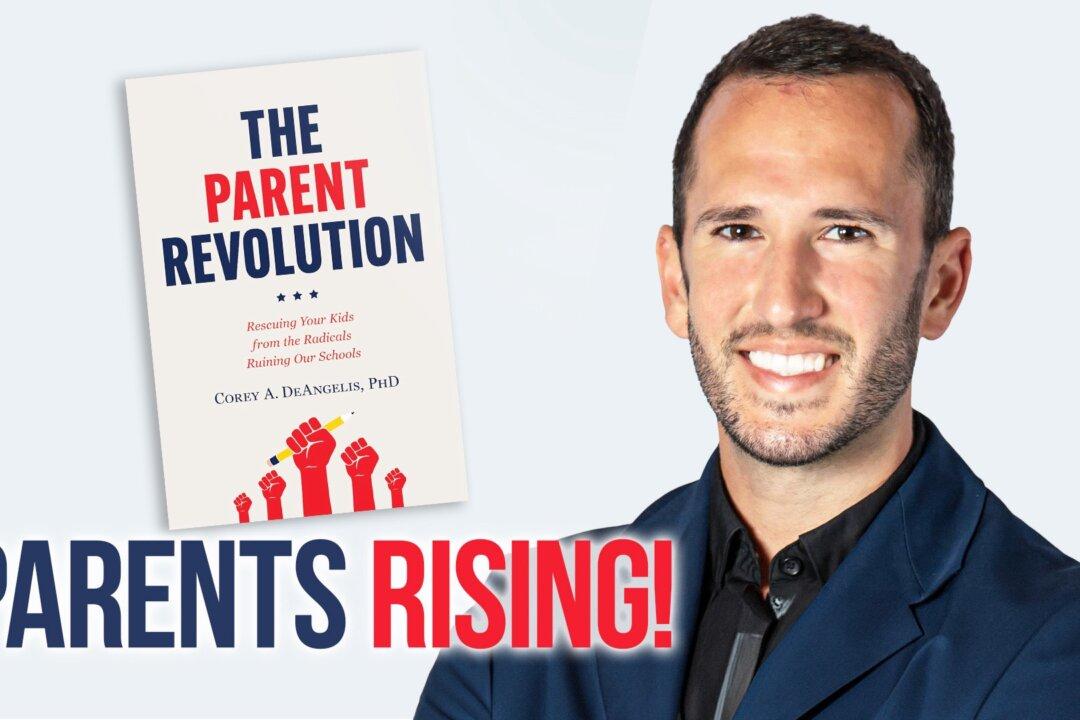Commentary
The United States is in danger of raising a generation of weak leaders, or one with no leaders at all, according to a First Amendment activist who works on free speech issues on university campuses. Cherise Trump, executive director of Speech First, says the future of America depends on young men and women standing up for their rights in the very place designed for intellectual exploration and spiritual growth—college.





